Jimmie Rodgers
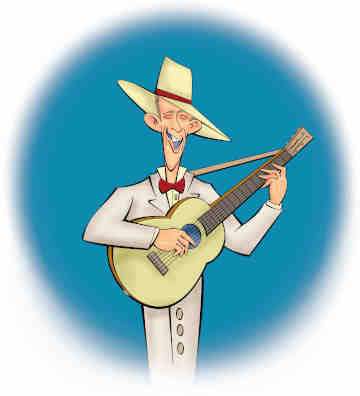
(Click to Zoom In and Out)
If you ask who was the first country and western star you'll get a plethora of answers. Fiddlin' John Carson, maybe. Uncle Dave Macon, perhaps. Certainly you'll hear of the Carter Family - Alvin Pleasant Carter and his wife Sarah and sister-in-law, Maybelle.
But obviously from the picture above we know that one of the other contenders was Jimmie Rodgers, the "Yodeling Brakeman". Although not the first country singer to record - Jimmie's first record was in 1927 and Fiddlin' John's was in 1923 - Jimmie was one of the first whose recordings were all produced by the quantum leap in quality due to electric recording.
But compared to many of the other early country singers, Jimmie's songs have a distinctly modern sound. If you listen to the Carter Family, you'll hear they play in strict time with little dynamic variation or alteration in the length and little symcopation.
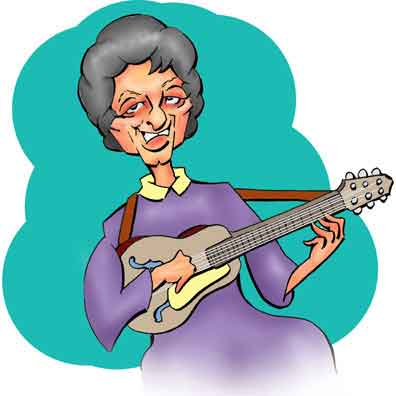
Maybelle Carter
The First (Traditional) Big Star
But Jimmie's music had a swing to it. This wasn't just the influence of the swing bands - which were just getting started. But many of Jimmie's signature songs were the blues which was rooted in music going back to Africa.
But most of all Jimmie was the country singer most famous for popularizing yodeling. That is, he would rapidly shift from his normal voice to falsetto sometimes even in a single syllable. But as students of music history will know, Jimmie was not the first musician to yodel for posterity.
Certainly there were yodelers before Jimmie, the most famous being Joseph Kline Emmet, an American singer and comedian of German ancestry who began performing in the late 1850's. Although Fritz (as his friends called him) died in 1891 and seems to have left but a single recording, he was popular enough that in the early 20th century other singers would "cover" his songs with the emphasis on Fritz's yodeling and were sure to credit him by name.
As far as yodeling in country music, scholarly consensus seems to be that the first recorded song to feature this technique was "Rock All Our Babies to Sleep" by guitarist and singer Riley Puckett, now most famed as a member of the wild and crazy band The Skillet Lickers. But within a few years, Riley had no hesitation in recording some of Jimmie's own songs.
James Charles Rodgers was born on September 8, 1897 in Meridian, Mississippi. He exhibited early talent for music and by the time he was a teenager he was performing. In fact, the usual story is he ran away from home at age 13 to perform in a medicine show1. But as often happened in such circumstances, the show did not go on and Jimmie ended up stranded in a town far from home. His dad made the requisite journey to pick up the errant waif and got him a job working on the railroad.
Footnote
medicine show n (1903) : a traveling show using entertainers to attract a crowd among which remedies or nostrums are sold. - Merriam-Webster's Collegiate Dictionary: Eleventh Edition, 2003.
Railroading on the Great Divide - or anywhere else for that matter - seems like a hard way to make a living particularly for a kid. But before the 1950's the concept of The Teenager did not exist and you were either a kid or an adult. But there were worse ways to make a living. In Jimmie's day the railroad was high technology and remained the method of choice for long range land travel up until the mid-20th century. Jimmie started off as a water boy and worked his way up the rails to flagman, baggage master, and ultimately to brakeman.
Unfortunately Jimmie was soon diagnosed with tuberculosis which had no treatment and was often fatal. Keeping on as a brakeman became difficult even though the air brake invented by George Westinghouse had long been in use. So the brakeman didn't have to run back and forth along the top of the boxcars and set the brakes by hand. But it still could be heavy and tiring work and so Jimmie began to turn to performing more and more.
Jimmie's problem was that the days of the traveling road shows were coming to an end and good music must need have not be live music. Although commercial radio had been available only for a few years, the number of stations was growing exponentially. Also more and more families were buying phonographs and could listen to increasingly high quality music in the comfort of their own homes. But most of all motion pictures were taking over as the #1 (or perhaps #2) form of recreation.
Jimmie had moxie. He played wherever he could: on the street corners, on improvised stages, and at county fairs. Then in 1927 he was able to persuade a local radio station owner in Asheville, North Carolina, to let him and his band to have a regular radio show. Later they played for a resort in the Blue Ridge Mountains.
Jimmie was fortunate in one respect. Record companies were actively looking for new talent, and in July, 1927, Ralph Peer, an executive for the Victor Talking Machine Company was holding auditions in Bristol, Tennessee. Jimmie went to Ralph and played some songs which impressed Ralph enough that he let Jimmie cut some platters (these were the same sessions where Ralph also heard the Carter Family and signed them up). Ralph kept looking for talent in the years to come and his last big find was Buddy Holly singing That'll Be the Day.
Jimmie's record, "Sleep, Baby, Sleep/The Soldier’s Sweetheart" did surprisingly well, and Ralph had Jimmie come up to Victor's studio in Camden, New Jersey (across the river from Philadelphia) and make more records. One - officially called the "Blue Yodel #1" but better known as "T for Texas" - became a hit.
Jimmie was a star. He played in theaters on the major vaudeville circuit and performed on nationally broadcast radio. By 1929 he was one of the biggest celebrities in the United States and even appeared in the short film, The Singing Brakeman which is arguably first music video ever produced. During his lifetime Jimmie released more than 150 records.
Although the Great Depression had hit the United States - and the world - Jimmie probably would have continued as a megastar except that his health continued to fail. By the early 1930's it had gotten to the point that he could no longer perform and he had to have frequent rest when recording. His last session was on May 24, 1933. He died two days later after suffering a hemorrhage and collapsing while walking on the streets in New York.
Jimmie's music is still good listening even if you're not a fan of C&W. In 1931, he recorded "Blue Yodel Number 9" with prominently featured the trumpet playing by a young Louis Armstrong and Louie's wife, Lil, on piano. Louis repeated the performance when he appeared on The Johnny Cash Show in 1970 although Johnny didn't even try to yodel. It's no surprise, then, that Jimmie still has his fans and has been inducted into the Country Music Hall of Fame, the Songwriters Hall of Fame, and even (yes), the Rock and Roll Hall of Fame.
Jimmie was probably the singer most responsible for pushing what was then called "Hillbilly" music to what ultimately would be called "Country and Western". True some may credit this to Hank Williams, but there's no doubt that Jimmie's the one responsible for making yodeling a long time staple for Country and Western music. But after all, nobody's perfect.
Fans of Jimmie
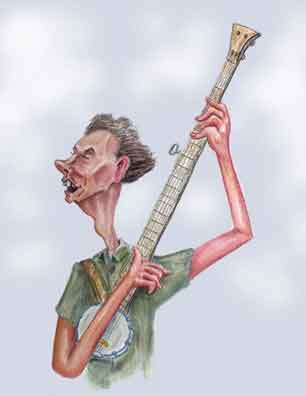
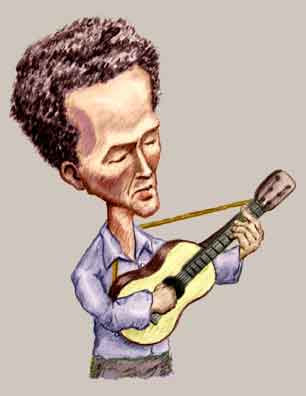
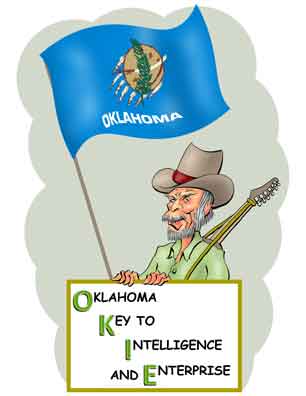
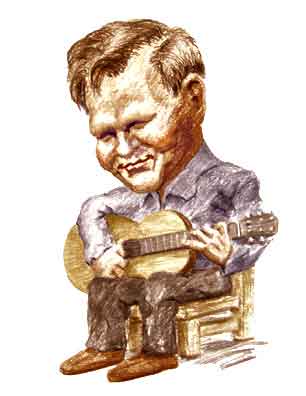
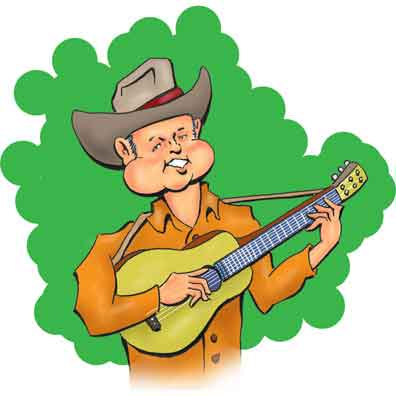
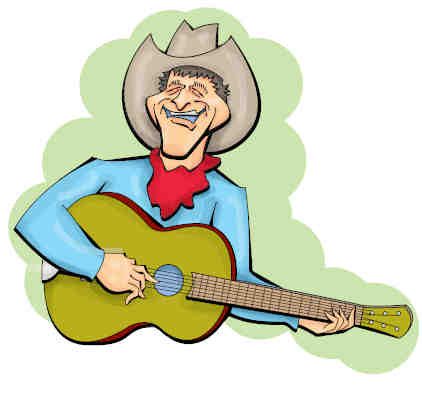
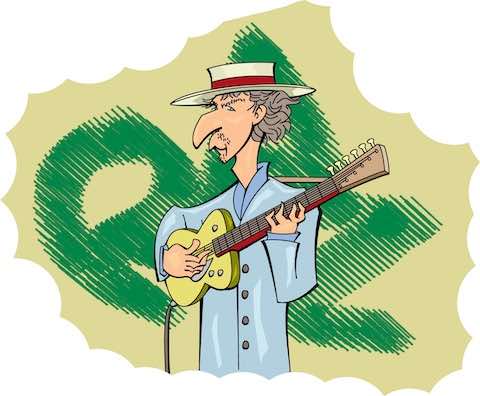
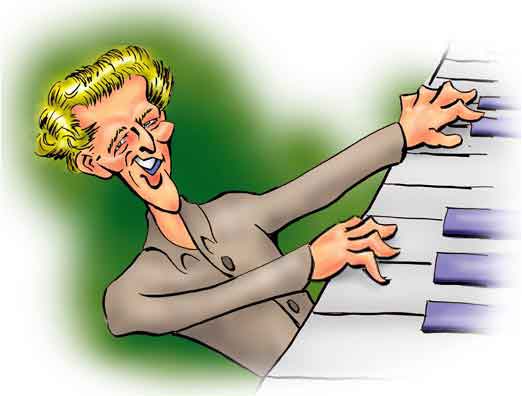
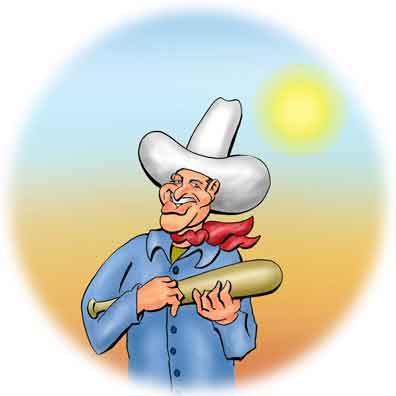
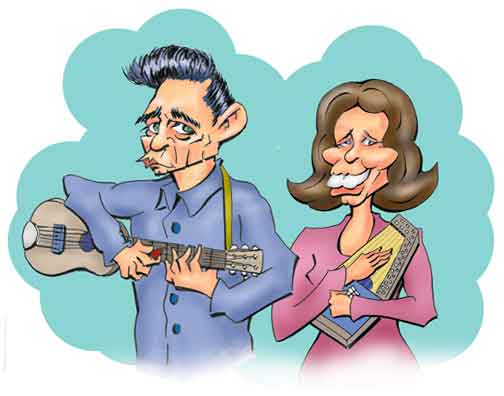
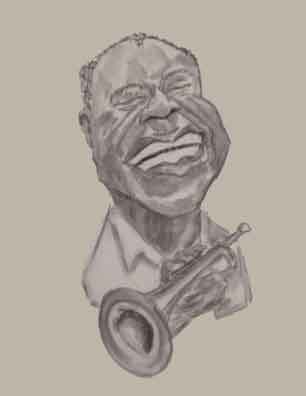
Pete, Woody, Merle, Doc, Merle, Jack, Bob, Lee, Gene, Johnny and June, Louis
References
Meeting Jimmie Rodgers: How America's Original Roots Music Hero Changed the Pop Sounds of a Century, Barry Mazor, Oxford University Press, 2000.
The Songs of Jimmie Rodgers, Jocelyn Neal, Indiana University Press, 2009.
"Jimmie Rodgers: A Voice That Carried", Robert Hilburn, The Los Angeles Time, September 17, 2008.
"Jimmie Rodgers", Discography of American Historical Recordings, University of California, Santa Barbara.
"Ralph Peer and the Making of Popular Roots Music", Richard Thompson, Bluegrass Today, May 28, 2015.
"J. K. Emmet", Discography of American Historical Recordings, University of California, Santa Barbara.
"Medley of J. K. Emmet's Yodle Songs: Emmett's Lullaby ; Climb Up the Mountain High ; Cuckoo Song ; Schneider, Does Your Mother Know You're Out? / Medley of the Late J. K. Emmett's Yodels / Medley of J. K. Emmet's Yodle Songs, Library of Congress
"J. K. Emmet", Discogs.
"Joseph Kline 'Fritz" Emmet', Mike Bogoslawski, Find a Grave, Memorial 140045132, December 15, 2014.
"Jimmie Rodgers", Country Music Hall of Fame.
"Jimmie Rodgers", Billboard.
"Jimmie Rodgers", Internet Movie Database.
"Train Tech", Keith Carradine (Presenter), Wild West Tech, Arts and Entertainment, 2010.
"Riley Puckett (1894-1946)", Wayne W. Daniel, New Georgia Encyclopedia, May 9, 2003, Updated June 16, 2018.
The Singing Brakeman, Jimmy Rogers (Actor), Jasper Ewing Brady (Director), Basil Smith (Director), Columbia Pictures, 1929, Internet Movie Data Base.
"The Johnny Cash Show", Johnny Cash (Host), Louis Armstrong (Guest), June Carter Cash (Regular Performers), Kenny Rogers and The First Edition (Guests), Tennessee Ernie Ford (Guest), Carl Perkins (Guest), The Statler Brothers (Guest), The Tennesse Three (Regular Performers), October 28, 1970, Internet Movie Data Base.